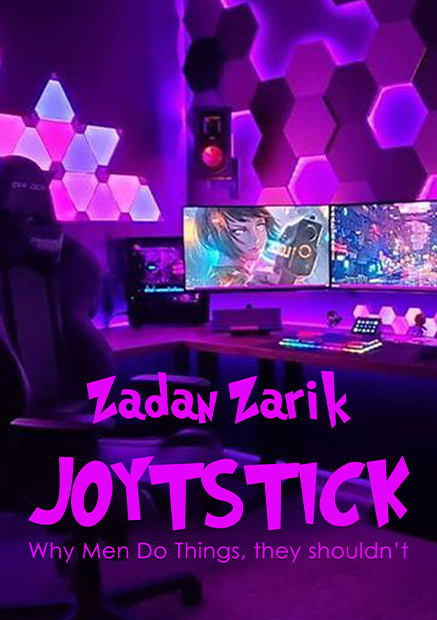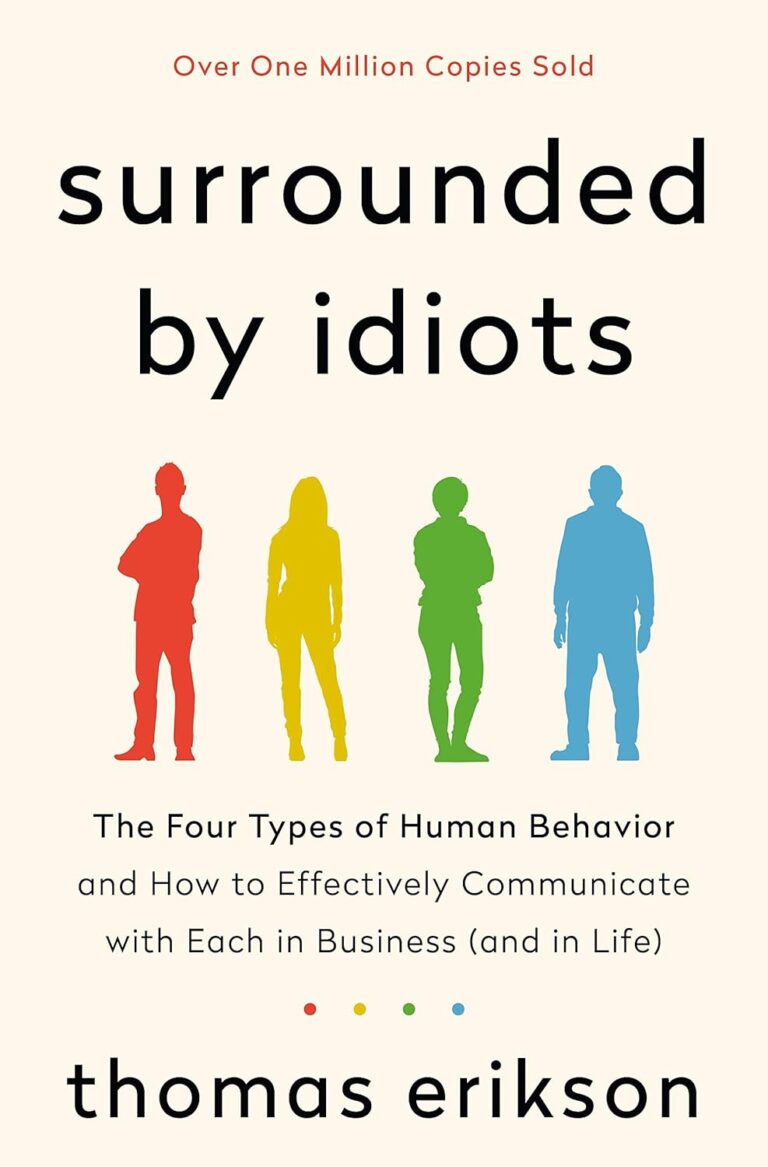The alarm disturbs my sleep, its shrill beep pulling me from the depths of a dream. A glance at the screen of my N-73 phone reminds me of the night party that awaits me. I pull myself from the coziness of my bed, stretch my arms, and check the time—6:33 AM. The day is already calling, but tonight’s promise is where my focus lies.
I unlock my closet, standing before a sea of options, wondering which brand will be my statement for the evening. H.S.Y., Nina, or Levi’s? I decided on a necklace of black diamonds and blue pearls to match the elegance I’ll exude. My hair was dyed in the color brigantine and fell in soft waves around my shoulders. I scrub my hands and feet, wax my arms, and leave my hair in a wet, effortlessly chic style. Tonight, I will be the treat.
My eyebrows are meticulously plucked, and my nails are polished to perfection. My slim, sensuous body demands attention, and “MAC” is the makeup of choice. Gucci Envy me—why settle for less when you can command attention with such luxury?
Now I am ready, every detail in place. I slip into my strapless, backless maxi, the kind of dress that turns heads and makes hearts race. Razor-sharp heels click as I step closer to the mirror. “To hell with simplicity,” I say with a wicked grin, lighting my favorite cigarette. My glossy lips and smoky eyes mirror the rebellious spirit I wear so boldly.
As I leave for the night’s party, I laugh at the people chasing after me. I drive recklessly, the world going mad in my wake. “For my popularity,” I murmur, as if to remind myself of the power I hold. They all want a piece of me.
When I arrive at the casino, the lights seem to dim in comparison to my presence. My shadow moves across the bar as they greet me—tempted by the sensuality that radiates from me. I am the emblem of bewitching beauty, every move a seduction, every glance a promise.
An eager fellow reaches out to me, pulling me in with a passion that matches mine. We lose ourselves in the heat of the moment, our bodies entwined in a frenzy of desire. My nails trace the lines of his back, the tighter he holds me, the more desperate my touch becomes. We enter a world of our own, a universe of lust and longing.
The night passes, a blur of satisfaction and sensuality, the intoxicating blend of wine, whiskey, and the taste of his lips on mine. As the night sweeps over us, I know that in this world, my beauty is a power, one that knows no limits, and I revel in it.




